Isidro Lángara
Isidro Lángara is one if not the best Spanish center forward of his time. Unfortunately, he fled the country because of the political situation in the country, as a staunch defender of a republican system.
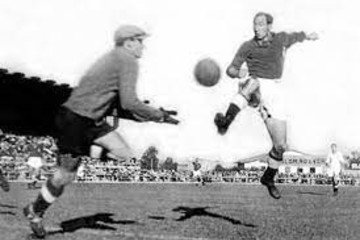
Trophies
Goals
Games
1930/36 Real Oviedo (ESP) 160 matches, 231 goals
(Spanish Championship: 71 matches, 81 goals)
(Spanish D2 Championship: 52 matches, 61 goals)
(Asturias Regional Championship: 32 matches, 73 goals)
(Other Games: 5 matches, 16 goals)
1937 Basque Selection
1938/39 CD Euzkadi (MEX) 12 matches, 19 goals
1939/43 San Lorenzo (ARG) 130 matches, 112 goals
(Argentine Championship: 121 matches, 110 goals)
(Copa Adrian Escobar: 8 matches, 1 goal)
(Copa de Confraternidad Escobar - Gerona: 1 match, 1 goal)
1943/46 Real Club España (MEX) 98 matches, 120 goals
(Mexico Championship: 80 matches, 105 goals)
(Mexico Cup: 18 matches, 15 goals)
1946/48 Real Oviedo (ESP) 33 matches, 26 goals
(Spanish Championship: 29 matches, 23 goals)
(Spanish Cup: 4 matches, 3 goals)
With the National Team :
12 caps, 17 goals
(Friendly matches: 8 caps, 8 goals)
(World Cup Qualification: 2 caps, 7 goals)
(World Cup: 2 caps, 2 goals)
1st selection: April 24, 1932 against Yugoslavia (2-1)
Last selection: the 3 friend 1936 against Switzerland (3-2)
Basque Country: 44 selections
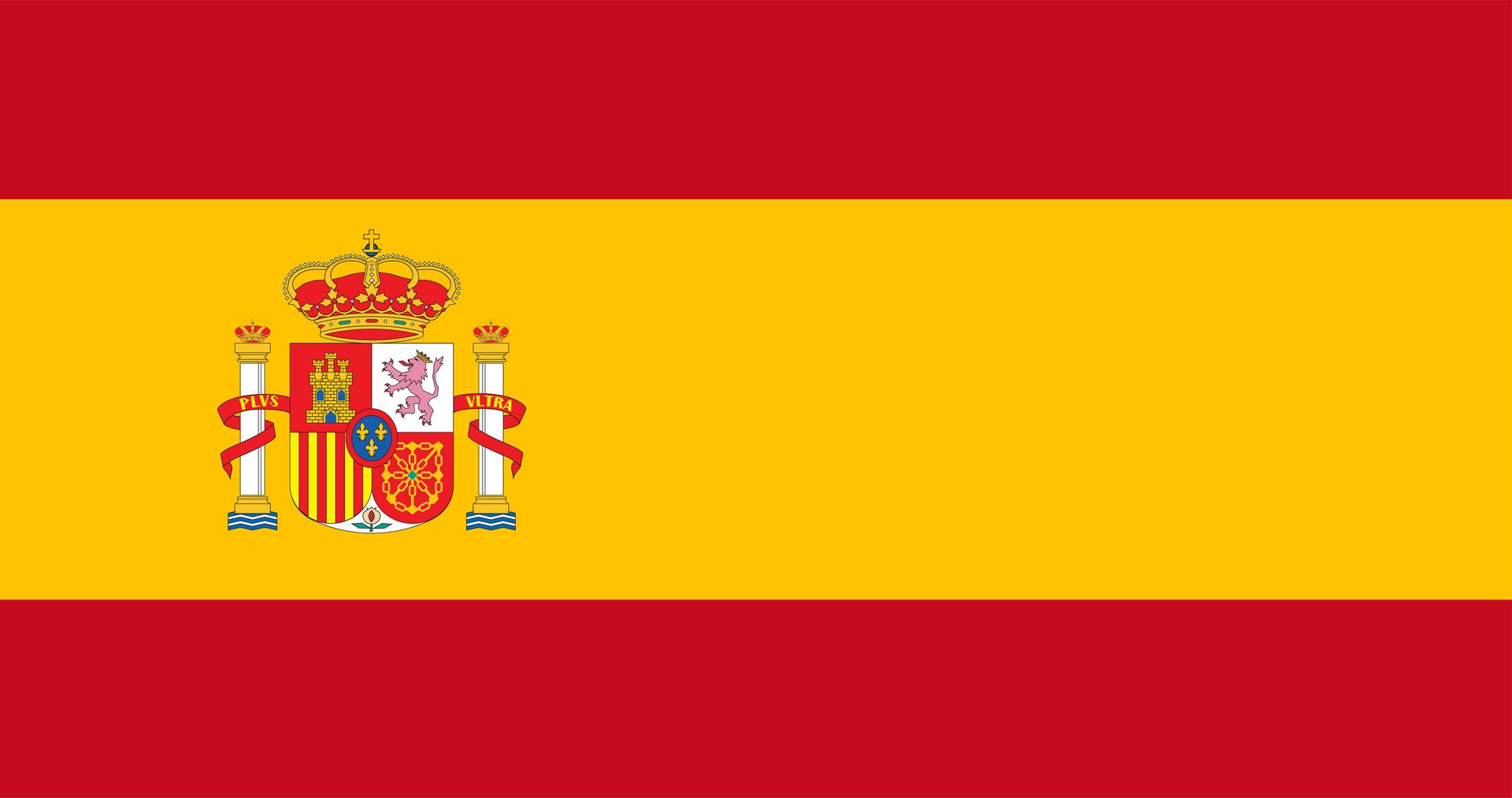
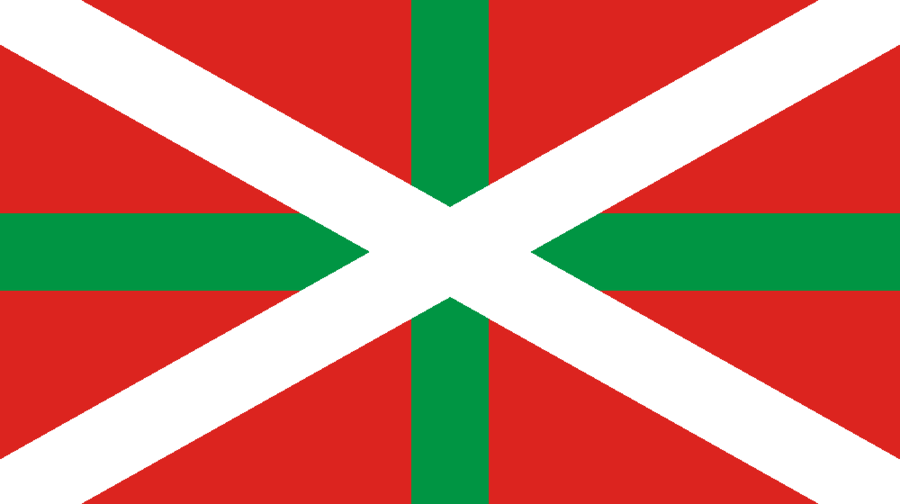
Isidro Lángara Galarraga
Born May 25, 1912 in Pasaia (ESP)
Died on August 25, 1992 in Andoain (ESP)
Spanish, striker, 1m77
Nickname: “The Tank”
The best Spanish striker of his generation
Before making his debut with the Real Oviedo club which is located in the Spanish second division, the club's leaders were not convinced by the player's profile. But the coach at the time is convinced, he is a diamond in the rough, a player with an exceptional sense of goal and a powerful right-footed shot. The coach was not mistaken, with Lángara at the forefront of his attack, the club was promoted at the end of the 1932-33 season. Lángara finished top scorer in the second division. With Cascuco, Gallart, Herrerita and Emilín, he formed the famous Delantera Eléctrica (the electric attackers). Their game is based on dynamism and very fast forward play.
In their first match in the first division, the club faced FC Barcelona who they defeated 7-3, Lángara scoring a hat-trick. Oviedo will finish their first ever La Liga season in sixth place, while Lángara's 27 goals saw them finish top of the scoring charts and win the Pichichi Trophy.
But Lángara does not stop there, since he will go on to win 3 Pichichi prizes: 1934 (27 goals), 1935 (26 goals) and 1936 (27 goals) while always remaining in the Real Oviedo club. The club finished 3rd in La Liga twice before the vicious Spanish War broke out. During this first stint at Real Oviedo, he scored 231 goals in 160 official matches. He also won a starting place in the national team where he played 12 matches and scored 17 goals! Nicknamed "The Tank" for his physical qualities, the player is forced to review his plans for the future with the war.
Tragic fate and exodus in America
Lángara joins the Republican ranks in his native Basque region. In 1937, with the Basque national team, he went to promote the Spanish republican cause throughout Europe, in total he participated in 44 matches. In 1938, the team landed in Mexico after the fall of Bilbao to Franco's troops, and in the land of the Aztecs, the Basque team would become Club Euzkadi and play a season in the Mexican league. Euzkadi ended his unusual campaign as runners-up with team captain Lángara's 15 goals helping him finish as the league's top scorer.
As the Franco regime gained more and more strength in Spain, the Euzkadi team was dissolved and several of the team's players fled to different countries in America. Lángara therefore signs for the San Lorenzo club in a championship dominated by the giants that are River Plate, Independiente... And Lángara is in competition with Arsenio Erico to determine the best striker in the championship.
The first top scorer on 3 different continents
For his first club with San Lorenzo, Lángara scored a quadruple against the superb River Plate team. During this first season in Argentina (1940), he finished top scorer in the Argentine championship with 33 goals in 34 matches. In total, he scored 112 goals in 130 matches for the Argentine club before joining Mexican club Real Club España in 1943.
Further success followed, winning the Mexican championship and winning even more league top scorer awards in 1944 (27 goals) and 1946 (40 goals) when he was 32 and 34 years old respectively. Isidro Lángara was the first man to win the top scorer title on three different continents. In 1946, Lángara returned to his native country and Real Oviedo where his career had begun, receiving a heroic welcome from the locals. There, he only played 37 matches for 26 goals.
Isidro Lángara undoubtedly remains one of the best Spanish players of all time, both in terms of his technical quality, his career, his exploits and above all his longevity, always remaining one of the most prolific strikers of his time.
Trophies :
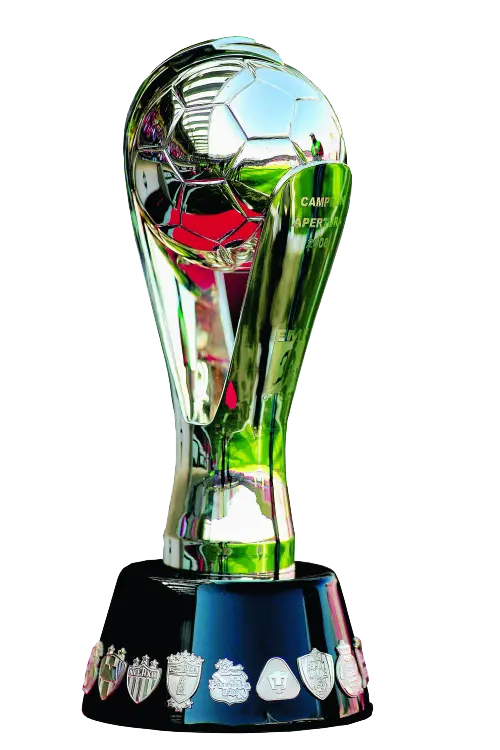
Mexican League x1
- 1945 (Real Club España)

Vice-Champion Mexican League x1
- 1939 (CD Euzkadi)
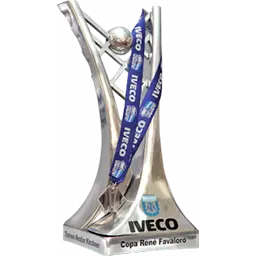
Vice-Champion Argentinian League x2
- 1941 (San Lorenzo)
- 1942 (San Lorenzo)
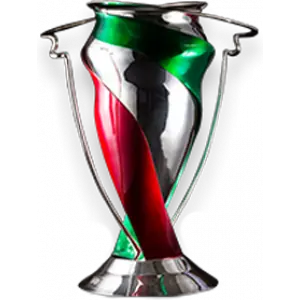
Mexican Cup x1
- 1944 (Real Club España)
Spain D2 x1
- 1933 (Real Oviedo)
Vice-Champion Spain D2 x1
- 1932 (Real Oviedo)
Individual Trophies :
- Voted CONCACAF Player of the Year in 1946
- Top scorer in the Spanish championship in 1934 (27 goals), 1935 (26 goals) and 1936 (27 goals) (Real Oviedo)
- Top scorer in the Argentine championship in 1940 (33 goals) (San Lorenzo)
- Top scorer in the Mexican championship in 1944 (27 goals) and 1946 (40 goals) (Real Club España)